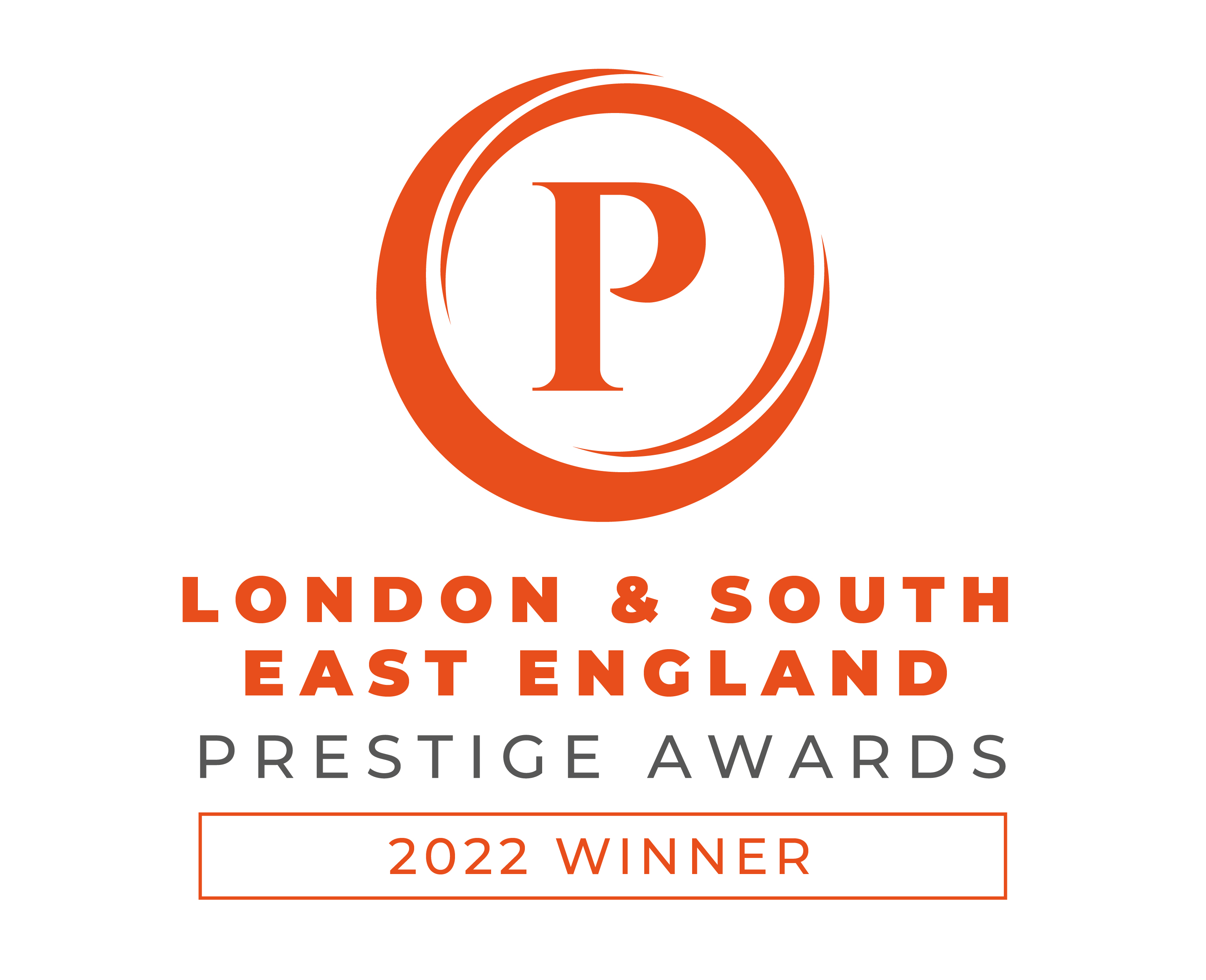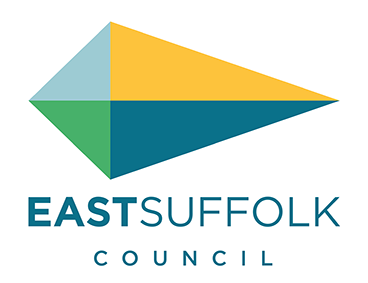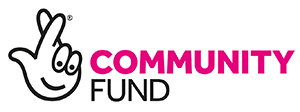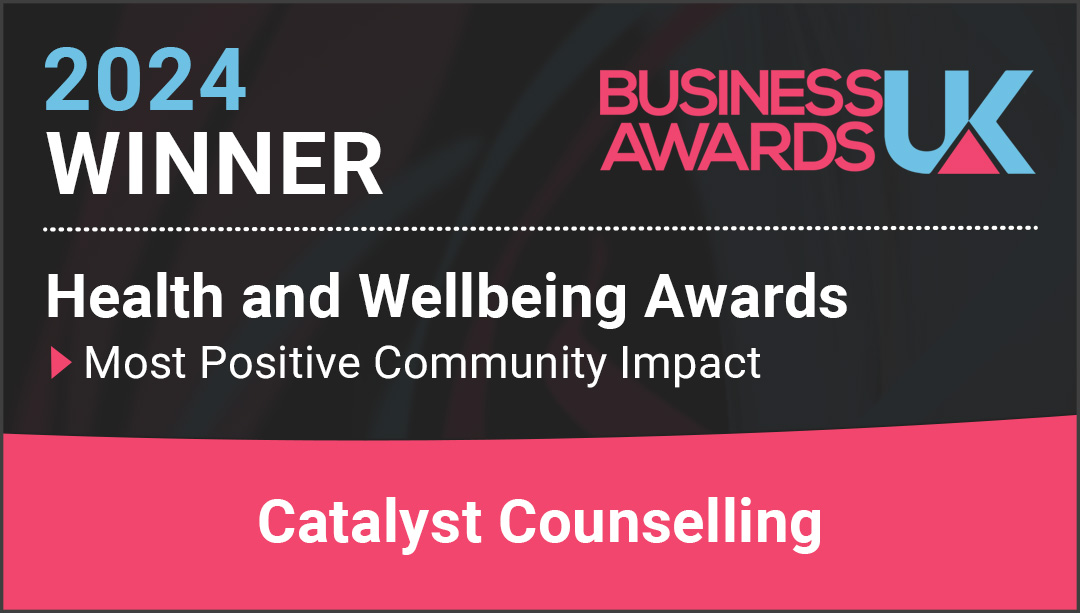Directors
Dominic McLoughlin - Clinical Lead
Dominic joins Catalyst as a BACP accredited counsellor with a background of over 20 years in student support, most recently as manager of a busy counselling and mental health service at a central London university where he was also Designated Safeguarding Lead. He holds an MSc in Psychodynamic Counselling, and a Post-Qualification Certificate in Supervision; he is also an experienced teacher and trainer. The connection between psychotherapy and education has been a thread throughout his career, touching on questions of how we can be motivated to change, and yet become stuck or resistant to new ideas, and how we lose and recover our creativity as individuals, groups and organisations.
Dominic is Editor of the ‘Open Space’ feature of the journal Psychodynamic Practice, which publishes international research articles alongside reflective papers linking psychoanalysis to arts and culture more broadly. He is a member of the BPC Scholars’ Network, holds a practice-based PhD in Creative Writing and has most recently authored ‘Citizen thinking and the social value of psychotherapy’ (Psychodynamic Practice, 2025).
Dominic is committed to enabling the kind of understanding that psychodynamic counselling can bring to clients at Catalyst, and to supporting and developing the talent in counsellors and trainees from diverse backgrounds to the benefit of the region.
dominicmcloughlin
Aaron Davis - Operations/Finance Lead
Aaron previously trained as a speech & language therapist working with children and adults with communication difficulties. He has experience of working with neurodiverse presentations and brain injury.
He has a Clinical Diploma in Psychodynamic Counselling and an Advanced Certificate in Object Relations Theory. Following the psychoanalytic model of training, he completed a two year Infant Observation course with the Britsh Psychotherapy Foundation (BPF) in 2024.
Aaron is experienced in working with a wide range of people within open ended models of therapy and time limited therapy, this includes One Session at a Time Therapy (OSAAT) and Psychological De- briefing following critical incidents in the work place. He is also accredited by the British Psychoanalytic Council as a Dynamic Interpersonal Therapist (DIT) which is an IAPT approved 16 session model of psychodynamic therapy.
He gives a portion of his time to the Veteran's Charity, Walking With The Wounded, providing therapy to ex-service men and women.
Aaron is lead trainer on the Catalyst Certificate and also a seminar leader on the Clinical Diploma training with a special interest in Complex PTSD and attachment related issues.
aarondavis
Dan Neale - Training/CPD Lead
Dan originally trained as a mathematician, but in 2004 took a change of direction to start working therapeutically. He initially worked for three years across two prisons with adult males, before moving to a charity which used therapeutic community approaches to treat traumatised children. He worked there for 17 years. In addition to his work with children, he also ran therapy groups and worked with individuals within the NHS and at a GP surgery.
Dan trained both as a Group Analyst and also as a Child Psychotherapeutic Counsellor (qualifying in 2013 and 2015 respectively). He has extensive experience in teaching, training and developing clinical staff, both as a tutor and supervisor. He has also worked with the UKCP on training standards for child counsellors.
Dan is particularly passionate about applying group and systematic frameworks to deepen understanding of organisational dynamics, especially in the helping professions. Dan currently works as a Senior Lecturer on a counselling degree, is Course Convenor of the Cambridge Foundation Course in Group Analysis, and has a private practice for training, supervision and consultancy.
danneale
Tracey Darnell - Company Secretary/Social Value Lead
A nurse practitioner for over twenty five years and a psychodynamic counsellor at Catalyst since 2014, Tracey has a wide range of experience working in the areas of learning disabilities, mental health assessment and treatment services, neurology and end of life care with both children and adults. She has worked within the NHS, the voluntary sector and also in international NGOs based abroad. She holds a Clinical Diploma in Psychodynamic Counselling, Certificates in Psychodynamic Assessment and Time-Limited Psychodynamic Counselling, and is trained in Critical Incident Stress De-Briefing and Single Session work.
Why the psychodynamic approach and why Catalyst? Tracey's belief is that the psychodynamic model allows individuals to work at deeper, more qualitiative and sustainable levels, and supports optimal understanding and awareness about themselves and how they relate to others. These internalised resources can then be positively and consciously carried forward into the future to support better overall psychological health, wellbeing and relatedness long-term. As a not for profit organisation, the ethos at Catalyst has always been to provide low cost, equitable and accessible counselling for as many people as possible, responsive to their individual mental health needs and irrespective of diagnosis or label. This sits very seamlessly and neatly alongside Tracey's other professional role as a nurse.







